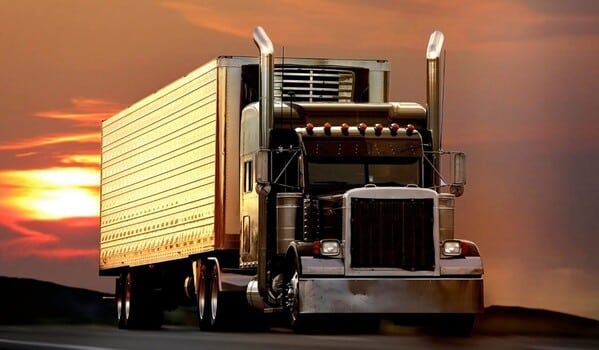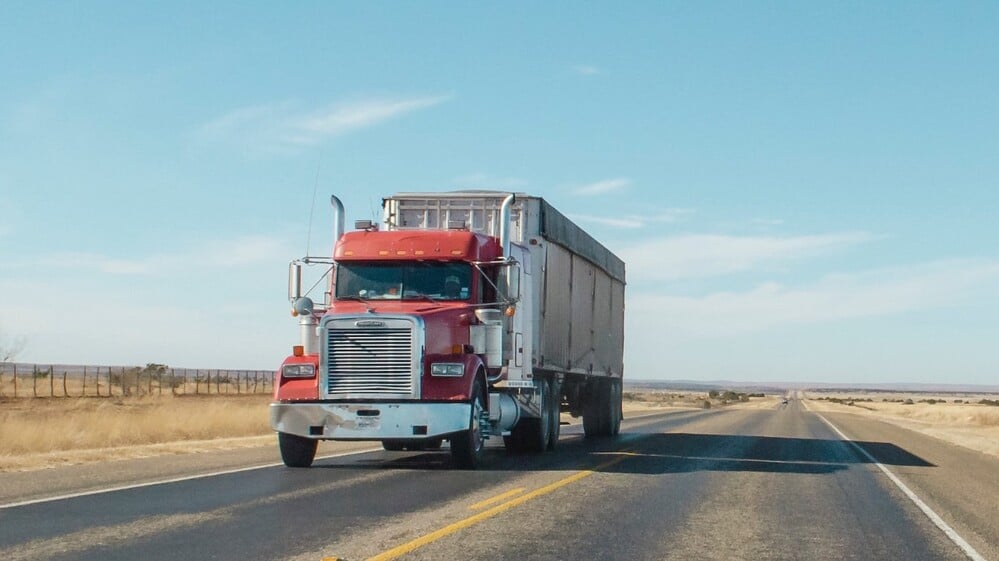
August 10, 2023

769 Views

5 min read

September 5, 2021

2309 Views

4 min read
If you are connected with a freight business, you will have to pay the fees (even when your truck is standing still waiting for another route). That is why being aware of all the possible expenses is crucial for getting profit. The best thing to start with is to calculate your truck cost per mile and then use it as a basis for all the other costs.
In case you are looking for a new company to work with, or you are willing to become an owner-operator, first of all, you need to find out how expensive a mile is for you.
There are exist two main types of payments. The first one is unchangeable and does not depend on any circumstances. Whether your business is thriving, and the dispatcher is busy arranging more and more trips, or you are having a break with your truck parked, they are obligatory for everyone.
These costs include the following:
When you summed them up, you could basically estimate how expensive it is to run a business. However, to make it more convenient, let us convert this into cost per mile system of measurement.
And now you have the number which tells you how much you owe by just having a truck per day.
The second category could change its value, and this process depends on the number of actual operations you perform. The more fuel you use and the more times you visit the service station, the higher it will go. In other words, you get these expenses just by moving your truck.
TOTAL VARIABLE EXPENSES $91,180
CALCULATING TOTAL ANNUAL OWNER OPERATOR COSTS
TOTAL ANNUAL COSTS DIVIDED BY ANNUAL MILES = TRUCKING COST PER MILE
$132,210 DIVIDED BY 120,000 = $1.101 PER MILE
So, when you have this value estimated, you can easily calculate your expenses per week, month, or just one round trip.

You have counted everything you need, and the time has come to ask yourself some questions. Is the sum you get sufficient for your living? Will you be able to make any savings for the bad day?
If your answer is yes, then you are lucky enough to find a good company to lease with. In other cases, you could think about ways to cut these expenses. Or maybe it is time to sign another contract with another company.
What should I do with it?
Perhaps you have a problem in defining which wages are good enough for the truck driver. The golden ratio is believed to be one-third of the gross earning of what an owner-operator receives. And, as a rule, your wages could change depending on how successful this or that period for your company has been.
How is it possible to reduce your variable costs?
The short answer is – to sacrifice a piece of your comfort and cut corners as much as you can.
To start with, fuel is the most expensive resource, so try to find a service station company that provides a system of rewards for their clients. Do not forget to stick to your recommended speed limit – it is better to be slow than expensive. And when buying a new truck remember to choose the most fuel-efficient one. Of course, you could do nothing with the weather or road conditions, as they affect the need for fuel, too, but these things mentioned are definitely worth trying.
Doing such things as taking your food with you instead of visiting restaurants, shopping at grocery stores instead of road stations, and sleeping in a truck instead of hotels also could help you reduce the costs.
It could be hard to use all these techniques in the beginning, but once you develop a habit of saving up, you will definitely see the difference.
And if you are looking for a reliable company with good wages, contact us to know more about business opportunities.
Test